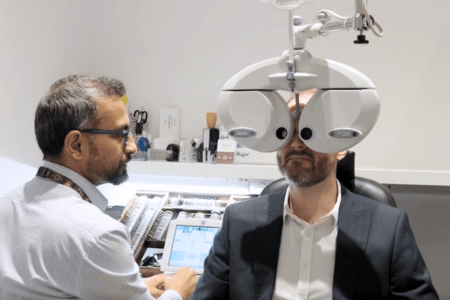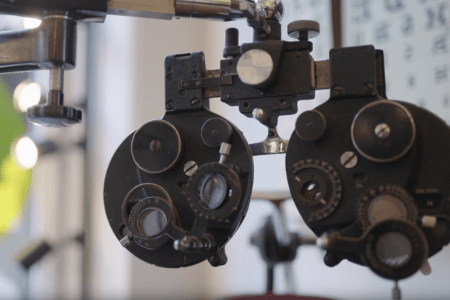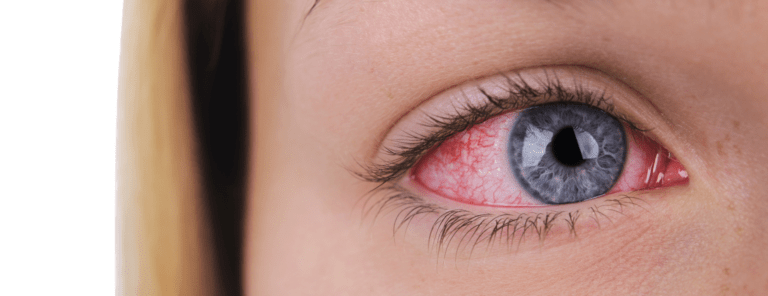
Understanding the Importance of Driving Eyesight
Good eyesight is a critical aspect of road safety, affecting various aspects of driving performance. Let’s delve into the significance of maintaining good eyesight for driving, the legal standards for driving eyesight, and how to ensure your eyesight remains up to par to keep yourself and others safe on the road.
The Importance of Good Eyesight for Driving:
Having good vision is just one part of maintaining excellent eyesight for driving. Other crucial factors include visual acuity, field of vision, night vision, and contrast sensitivity. Any issues of difficulties with any of these visual functions will compromise safe driving.
National Eye Health Week estimates that there are nine million drivers in Britain with vision that falls below the legal standards for driving, referred to as the ‘standards of vision for driving’.
Consequences of Poor Eyesight for Driving:
Driving with poor eyesight may result in struggling to stay in your lane, or reading road signs or keeping a consistent speed. Poor eyesight also hampers your ability to react to unexpected hazards which can result in a higher risk of being involved or causing a road accident.
Road crashes involving a driver with poor vision are estimated to cause 2,900 casualties and cost £33 million in the UK per year [1].
Not only is good eyesight a logical requirement for road safety, there is also a legal visibility requirement that all road users have to adhere too.
Understanding the Standards of Driving Eyesight:
To drive legally in the UK, you must meet specific eyesight requirements.
- Y
- You need to read a car number plate made after September 1, 2001, from 20 meters away (with or without corrective lenses).
- Your visual acuity should be at least 6/12 (20/40) on the Snellen scale.
- You must have an adequate field of vision, which can be tested by an optometrist.
- Lorry and bus drivers have stricter eyesight requirements, including regular medical and vision checks.
Don’t risk your life or your licence:
It’s the driver’s responsibility to ensure their eyesight meets the legal eyesight requirements. Police officer’s may perform roadside eye tests, and failing such a test could result in a driving ban.
New Drivers and Eyesight Requirements:
All new drivers will have been tested during their practical exam.
Learner drivers must pass an eyesight test by reading a number plate at 20 meters before taking their practical driving test. Failure to do so means they won’t be allowed to continue the test until they meet the eyesight requirements.
How can drivers check their eyesight?
The simplest way to check your vision is to undergo an eye exam with an optometrist.However, if you have urgent concerns, you can stand 20 meters away from a car (approximately five car lengths) and attempt to read the number plate. If you struggle, it’s crucial to book an eye examination with an optometrist as soon as possible.
Book your eye examination online.
What to do if your eyesight changes?
Certain eye conditions or eyesight problems which affect both of your eyes (or the remaining one if you only have one) need to be reported to the DVLA.
This could include:
- The sharpness of your vision (visual acuity)
- Any condition which creates a blind spot in one or both eyes (a visual field defect). These can be temporary or permanent. Such as glaucoma, disease or damage to the retina at the back of the eye (retinopathy) and even some drugs.
- Tunnel Vision, which is the loss of vision at the edges of your eyesight while the central portion remains normal.
These are just some of the conditions you may need to notify DVLA about. You can find more information here.
You can report your eye condition online.
So, how do you know if your eyesight is good enough to drive?
This might seem obvious, but regular eye examinations are key to knowing if your eyesight is good enough to drive. It’s not always straightforward as changes in vision can creep up gradually and particularly as you age. For most people, changes begin with a very gradual decline in vision.
Don’t take risks on the road—prioritise your eyesight for the safety of yourself and others.
Book your eye examination online.
____________________
[1] This report was commissioned by the insurer RSA as part of its ‘Fit to Drive’ campaign, to raise awareness of the dangers of driving with poor vision.









